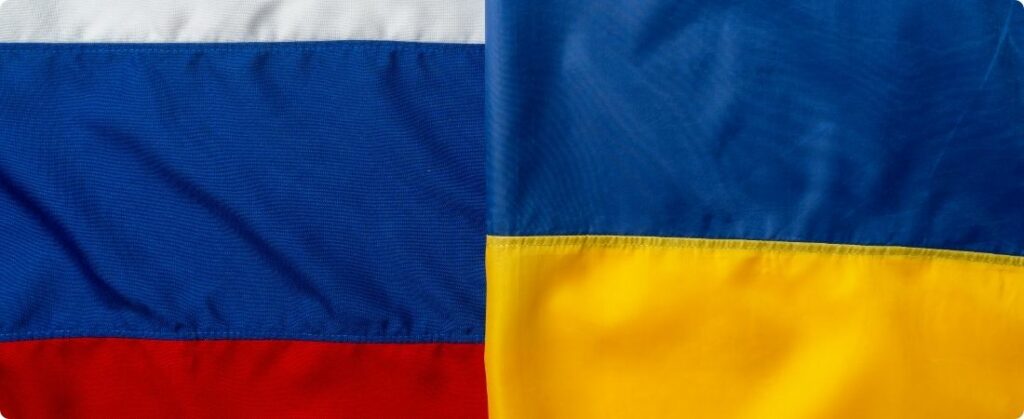
Ukraine carried out missile strikes on a southern Russian port on the Sea of Azov and used drones to target an oil depot in the western Bryansk region, according to officials, sources and multiple media outlets.
While the extent of the damage and the weapons used in the attack on the port have not been clarified, Russia has repeatedly stressed that the use of US-supplied Atacms missiles could be interpreted as direct Western involvement, increasing the risk of a wider war.
Kiev said its attacks on Russian energy facilities were a response to Russia's bombing of Ukraine's energy infrastructure, which has crippled about half of the country's power generation capacity, causing blackouts and significant damage to distribution.
Russia's Defense Ministry said its air defense units shot down 14 Ukrainian drones overnight in Bryansk, a region bordering Ukraine. Regional Governor Alexander Bogomaz said via Telegram that a production facility suffered a brief fire after the attack.
Meanwhile, the Ukrainian military reported that the attack caused a major fire at an oil depot. Independent Russian media outlet ASTRA reported that a strike hit a refinery and published images of flames at the site.
Impact on pipelines and infrastructure
Bryansk is home to important oil transportation facilities. These include the Soviet-era Druzhba pipeline, which pumps oil from Western Siberia and the Caspian Sea to Europe. The region also has the Baltic Pipeline System (BPS), which transports oil to the Baltic Sea.
Kazakhstan's gas pipeline operator Kaztransoil confirmed that the attack did not damage the Druzhba pipeline. According to Russian authorities, the fire occurred at an industrial facility and did not pose an immediate risk to Kazakhstan's oil supplies.
Still, Kazakhstan plans to ship 130,000 tons of oil to Germany in December via the Druzhba pipeline. The country has already exported 1.358 million tons of oil this year.
A Ukrainian industry source said the overnight attack on Bryansk did not interfere with the transit of oil to Europe through Ukraine.
Source: Lidia Kelly, Vladimir Soldatkin, Maria Gordeyeva and Pavel Polityuk | Notícias Agrícolas















